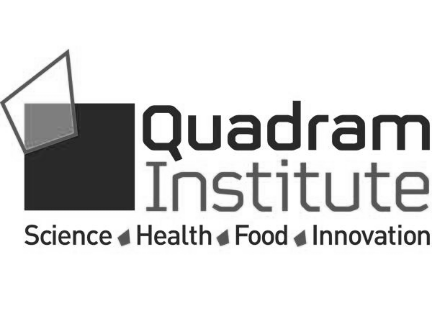Group Leader
The main activity in our group is centred on defining how gut bacteria adapt to the mucus lining of the intestine. We are studying how bacteria interact with mucins, which are the main proteins in mucus, and their associated sugar-based molecules called glycans. Unravelling the molecular basis of gut bacteria-mucus interaction will help us understand how to maintain a healthy relationship with our gut microbiota. Importantly, several conditions, such as IBD and cystic fibrosis are associated with alterations in mucus-associated bacteria and in mucin glycans, so the mechanistic knowledge we are gaining from our research will be of use in designing new biomarkers of disease and in developing microbial and nutritional strategies to restore health.
We are using a multidisciplinary approach to test our hypothesis that mucin glycans help select microbial communities in the gut by providing nutrients and attachment sites to the bacteria that have adapted to this environment, and that any changes in the glycosignature of mucins and their associated microbes will have a direct impact on human health. We are looking to understand the impact of mucin-degraders (e.g. Ruminococcus gnavus), mucin-adhering gut bacteria (e.g. Lactobacillus reuteri) and mucin glycosylation (e.g. sialylation) on the host and to explore strategies to modulate the mucus-associated microbiota to improve human health.

